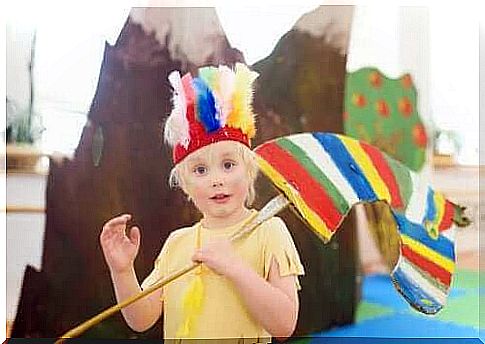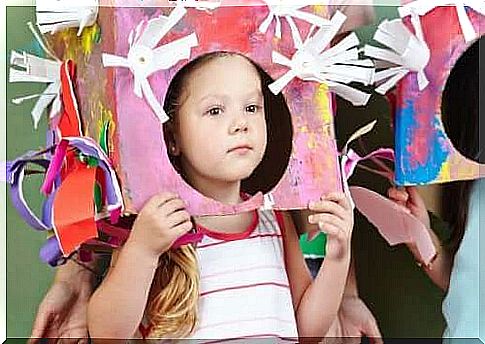Theater In The Classroom: The Benefits For The Children

Classroom theater is one of the most valuable resources in helping to realize your children’s general education. It’s also a way to help them learn while having fun.
By introducing drama activities in the classroom, children can be helped to develop a wide variety of abilities. As a result, children will be able to explore a world of creative expression.
In his book “Children’s Theater in Spain: A Challenge” Fernando Aleman reminds us that children’s theater and drama are often perceived as two different things. Despite this, it is important to keep in mind that children’s theater is a unique and universal concept.
Dramatic plays are a natural part of most children’s lives before they start school or kindergarten, often in the form of the world of fantasy. This allows them to get a sense of their own identity by exploring fictional situations that are reminiscent of the real world.
Definition of theater in the classroom
When we talk about theater in children’s education, we can refer to the games where children take on other roles. But we can also talk about pieces that are developed and written for children as spectators.
In this article, we will focus on theater with children as the performers. Children can take the initiative to select the piece that they would like to play, where their teachers contribute with support throughout the process.

The Spanish novelist and screenwriter Armonía Rodríguez Lázaro reminds us that children’s theater must always adhere to the following guidelines:
- It should be performed in the children’s classroom
- All children should be involved in the play
- The child is the actor and the hero
- Improvisation is the starting point for the activity
- The teacher should guide the students while encouraging their creativity
- The playful element of the theater is fundamental to the child’s free expression
- The lyrics should be non-dramatic
- Music, dance and visual art are important, supporting elements in the creation of the work
Development of abilities
Children love to move and interact with others. The theater encourages them to do exactly that. They should not just sit still and listen. Making theater makes them move around and talk to each other.
These drama activities will help children develop basic skills such as creativity, exploration, communication, compassion, self-esteem, collaboration, leadership and negotiation.
Learning through theater
Theater in the classroom can be an effective tool in many different subjects. In particular, theater can help children develop early reading and writing skills.
They also promote verbal expression, listening, and expand their vocabulary. At the same time, children are encouraged to understand and express different views.

Through theater, children learn to express their feelings in an environment created for this. They begin to explore the cultural values of their own and their classmates, which helps to develop an understanding of others.
It is an activity that allows children to think and act creatively. It can also help to develop the problem-solving ability, which can be utilized in all learning situations. Furthermore, they are encouraged to take responsibility and make decisions.
Teachers can choose a more open approach to the classroom by focusing on the learning process as well as the goal.
Through theater activities, children get the opportunity to take an active part in learning, which can be continued throughout the rest of their education. At the same time, the structured dramatic pieces are a wonderful tool for their development.









